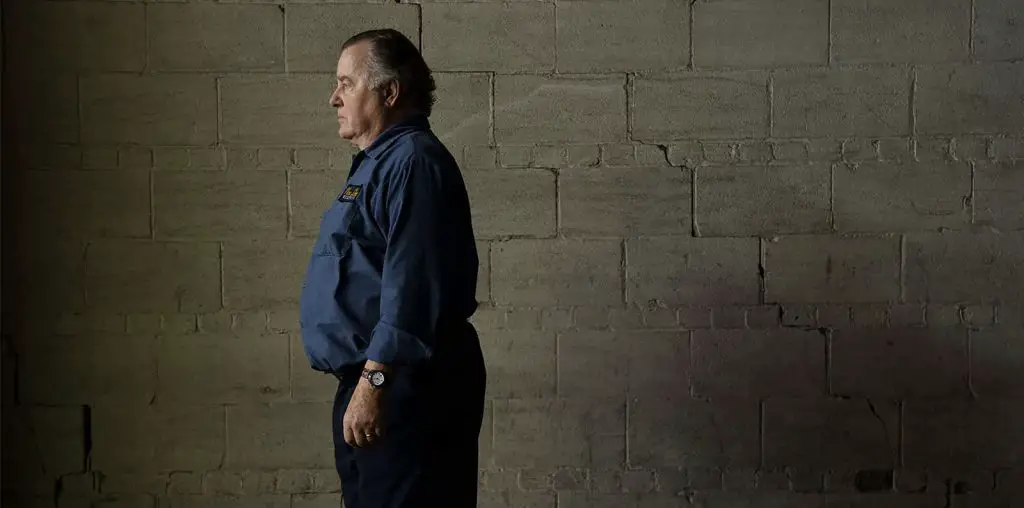
* *
Director: Jonathan Kaplan
Writers: David Arata & Adam Fields
Producers: Adam Fields
Starring: Claire Danes, Kate Beckinsale, Bill Pullman, Lou Diamond Phillips, Jacqueline Kim, and Daniel Lapaine et al.
1999
Can’t Fix It: Brokedown Palace
After a few months’ hiatus, Film Phonics returned and was greeted with a three-way tie between the words “palace,” “lost,” and “lover.” For Week 16, I chose the first candidate and watched “Brokedown Palace” (Jonathan Kaplan, 1999). From the screenplay by David Arata and based on a story by Adam Fields, “Brokedown Palace” centers on Alice (Claire Danes) and Darlene (Kate Beckinsale), two American girls who have just graduated from high school and want to spend their last summer together doing something very exciting. They tell their parents they’re going to Maui and go to Bangkok, Thailand instead. The dazzle of being in a new place is quickly darkened as they end up imprisoned for unknowingly possessing a hefty amount of heroin. Will Lou Diamond Phillips’s character at the American Embassy care enough to save them? Will Hank Greene (Bill Pullman), an American lawyer in Thailand get them out? Although I like both Claire Danes and Kate Beckinsale very much (and my fantasy pet Paul Walker is in the film for about 120 seconds), I never wanted to watch “Brokedown Palace” because I thought it would be too much like “Return to Paradise,” Joseph Ruben’s 1998 film about Anne Heche trying to convince Vince Vaughn and David Conrad to go back to Malaysia to help out their friend Joaquin Phoenix, who is in prison for drug possession.
While “Return to Paradise” addresses the issue of friendship as it directly affects whether or not Joaquin must go it alone and possibly die for his ‘crime,’ Ruben seems to be more sincerely invested in the philosophical side of the story. You can’t help but watch the film and wonder what you would do if you were in the places of any of the characters. Furthermore, the scenes of what Joaquin Phoenix experiences in the Malaysian prison are vital to the film’s themes. “Brokedown Palace” is, however, more interested in exploring the friendship between Alice and Darlene in a specific period of time, even if it never quite gets to the depths of “Return to Paradise.” The reason? Kaplan’s film is also about Hank Greene’s efforts in gathering some useable evidence in defense of the girls’ stories that there really was a guy who must’ve planted the drugs in one of their bags without them knowing it.
There is an allegorical aspect to “Brokedown Palace” as it communicates the idea that young American (female) travelers should never trust strangers when they’re abroad, especially if those strangers have just been unnecessarily helpful. Still, Kaplan’s film isn’t as cautionary of a tale as “Hostel” (2005), Eli Roth’s valentine to on-and-off screen violence, gore, and sex. When “Brokedown Palace” ended, I couldn’t stop chirping, “what?! What was that?!”…not because I was confused about how the story finishes. My reaction was due to the film’s desire to impart some kind of nobleness or selflessness onto Alice. Could “Brokedown Palace” have been patched up along the lines of “happily ever after” or would such an ending have been too easy, too idealistic? And Alice is the one whose cassette tape finds its way to Hank Greene’s office, relating to him (and the audience) why she and Darlene are in a woman’s prison. Snippets of Alice’s voice-overs continue throughout, aiming to create credibility or believability. Even so, I don’t buy her finale self-sacrifice for a minute. Or should I say that I don’t like it.
What really disturbed me about Kaplan’s film, though, was the incorporation of the song “Silence” by Delerium featuring Sarah Mchlachlan, a remix of Nelly Furtado’s “Party,” and a bizarre cover-remix of The Clash’s “Rock the Casbah.” The film opens with “Silence” as part of the audio track and is accompanied by beautiful images of Thai dancers and a Thai skyline. I didn’t think the song choice was inappropriate per se, but it seemed too contradictory to the underlying seriousness of the film: the assumption that the American Embassy is going to save every American citizen caught in an unpleasant situation in a foreign country and the sense of entitlement that inhabitants of other countries must think is true of every American.
Stina Chyn puts her viewing habits in your hands. Readers vote on five random words posted at Back Talk. The winning word dictates what she will have to watch and review as that word must appear in the title of the movie. Choose wisely!

